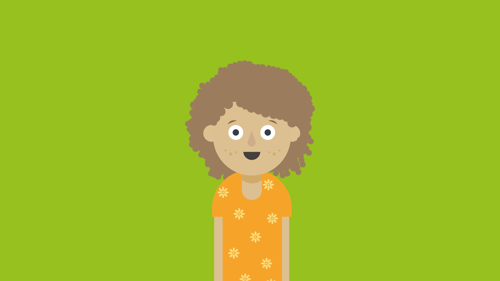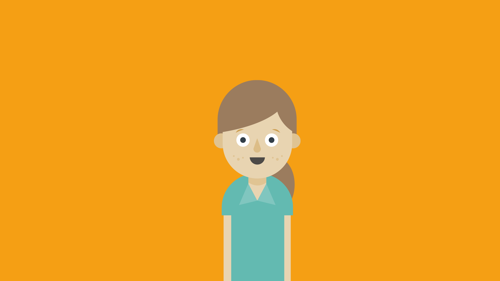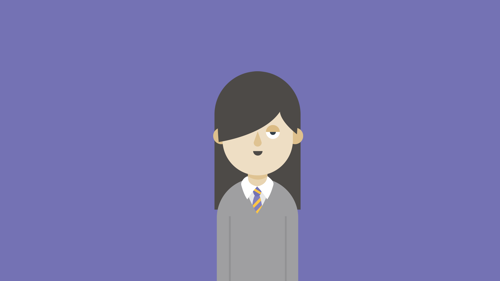What are mental health challenges?
Mental health challenges includes emotional, psychological and social wellbeing. If someone experiences mental health issues, this can affect the way they think, their mood and the choices they make. It can also have an effect on the way they handle stress and make choices.
Every child is unique and mental health difficulties can present in many ways. When mental health issues are severe in a child, they will directly interfere with a child’s ability to function effectively in their daily lives and will interfere with their ability to learn, play and form healthy relationships with others. If untreated, these issues can continue into adulthood. There is a wide range of possible responses by a child, from social withdrawal and persistent low mood to anger, low resilience and, in extreme cases, aggressive or even violent behaviours. There can be physical difficulties that are associated with poor mental health, for example, headaches, fatigue, digestive problems, insomnia, restlessness and difficulty concentrating. It is important to look out for changes in the behaviours of a child, for example, persistent sadness, self-harm, extreme irritability, mood changes, changes in eating habits and significant weight loss or gain.
If you suspect your child has mental health issue or if they have received a diagnosis, there is a wide variety of help and support available. This page will guide you through a range of information for supporting your child’s mental health needs. We provide answers to common mental health FAQs and share additional internal and external ADHD resources available to you.
Knowing the signs
We’re proud to work in partnership with the ADHD Foundation, Neurodiversity Charity. In this video, Lisa Rudge, Director of Parent Services, explores the unique mental health needs of neurodiverse children and the vital role of supporting their emotional, social, and cognitive development.
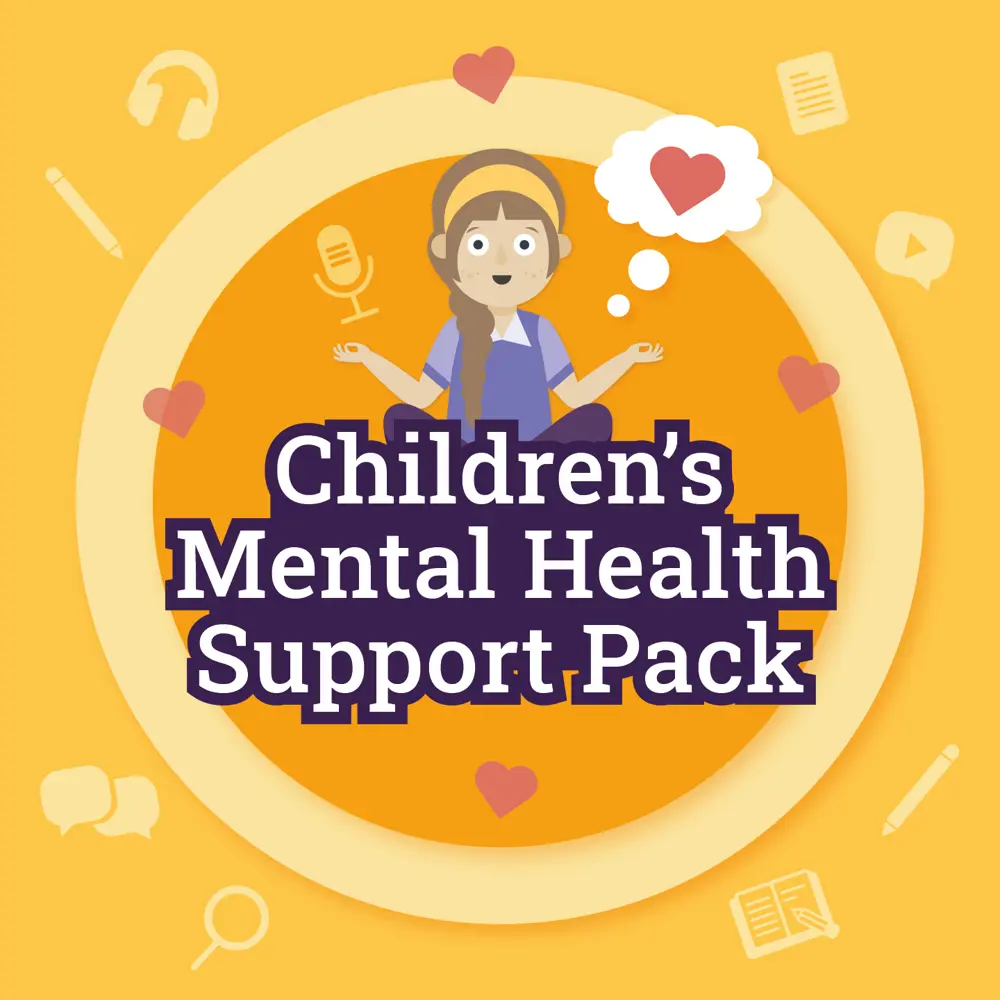
Children's Mental Health Support Pack
Our support pack for parents and carers is filled with practical advice and guidance aimed to empower them by providing an understanding of the condition, plus effective strategies to support you and your family.
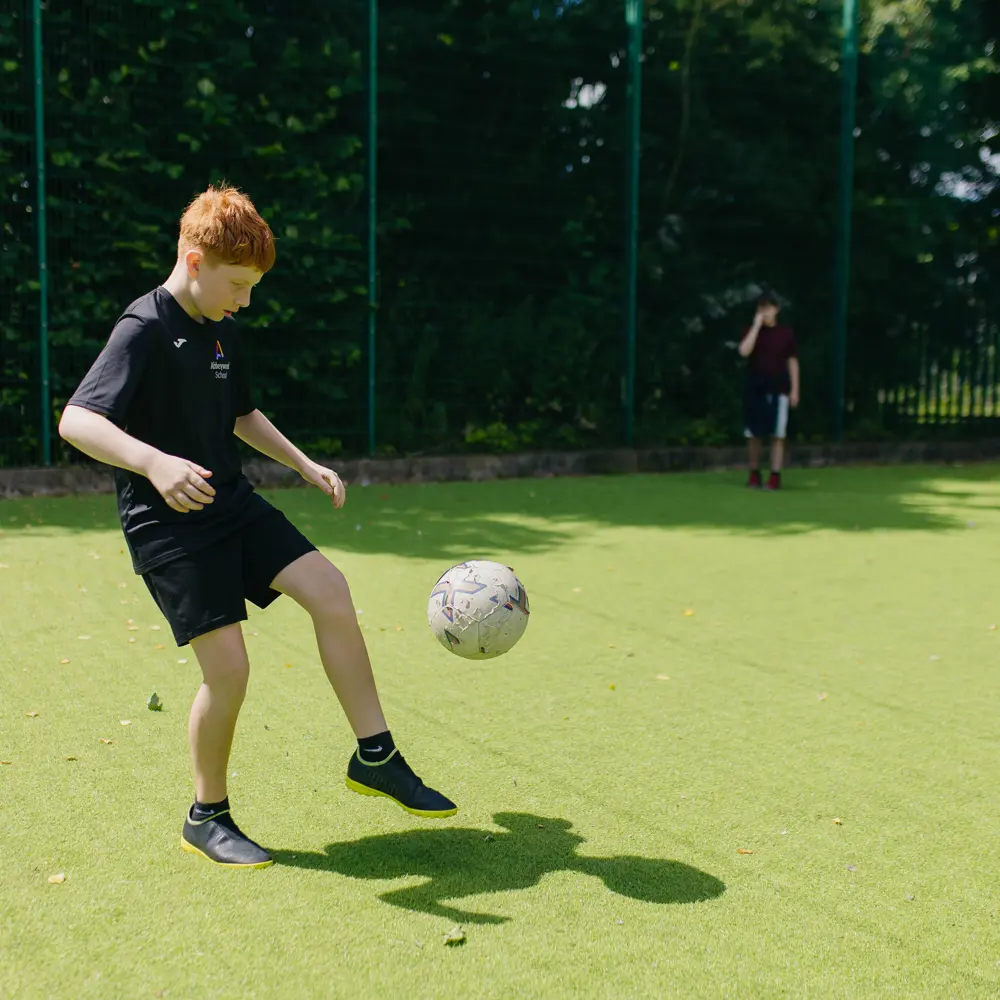
Mental health resources
Explore our library of articles, videos, and podcasts, all designed to support your understanding of mental health. From expert insights to practical strategies, our resources offer valuable guidance on navigating mental health challenges, helping you to better support children and young people in managing their well-being with confidence.
Mental Health Frequently Asked Questions
Anxiety and depression tend to be the most common mental health difficulties among children and young people. These two conditions can often co-occur, meaning that they can be experienced together. They can also co-occur with other conditions, such as eating disorders.
- Withdrawing from or avoiding social situations
- Outbursts
- Irritability
- Drastic mood swings
- Weight loss
- Sleep difficulties
- Frequent headaches or stomach aches
- Difficulty concentrating
- Hurting themselves or others
- Avoiding school
- Nervousness
- Appetite changes
According to the latest NHS statistics, 8% of children aged 7 to 16 and 22% of young people aged 17 to 24 had a “probable mental disorder.” In addition to this, the Mental Health Foundation state that 10% of children and young people (aged 5-16) have a clinically diagnosable mental problem, yet 70% of children and adolescents who experience mental health problems have not had appropriate interventions at a sufficiently early age. Anxiety and depression tend to be the most common mental health difficulties among children and young people. These two conditions can often co-occur, meaning that they can be experienced together. They can also co-occur with other conditions such as eating disorders.
There are many factors that contribute to a child or young person’s mental health difficulties. Biological factors including genetics and a family history of mental health can play a role but, in addition to this, situational factors such as trauma and school-based stress, can also lead to issues with mental health. Furthermore, 83% of young people with mental health difficulties have stated that the coronavirus pandemic has negatively affected their wellbeing.
Mental health issues can only be diagnosed by a medical professional. To make a diagnosis, the health care provider may recommend that the child should be evaluated by a specialist, such as a psychiatrist, psychologist, clinical social worker, psychiatric nurse or other mental health care professional. The professional will take various factors into account during the assessment including but not limited to:
- Medical history
- History of physical or emotional trauma
- Family history of physical and mental health
- Review of symptoms and general concerns with parents
- Timeline of child's developmental progress
- Academic history
- Interview with parents
- Conversations with and observations of the child
- Standardised assessments and questionnaires for child and parents
If you are concerned that your child may be experiencing difficulties with their mental health, you should speak to their GP to discuss available options.
The health care professionals will take everything into account to decide the best course of action in terms of treatment for children. Some may recommend psychotherapy, which is another name for talking therapy. This is where a professional will talk to a child about their thoughts and feelings, exploring how to respond to them and how to learn new behaviours and coping skills. The professional may conduct some of this through games, creating a more accessible and friendly environment for the child.
In some instances, medication could be recommended for the child as part of a treatment plan. These could be stimulants, antidepressants, anti-anxiety medications, antipsychotic medications or mood stabilisers. Medication will be part of a larger treatment plan, so it would be used in conjunction with other supports, such as talking therapy. The professional will thoroughly explain the risks, side effects and benefits of medication.
If you are concerned about your child’s mental health, speaking to their GP about this would be a great starting point to get the support needed. A conversation with their teacher or the pastoral lead in school is also crucial as this will help to create a collaborative relationship between your family and the school, centred around looking after your child’s wellbeing.
There are many things that you can do to support your child if you are concerned about their mental health:
- Listening – regularly check in by asking how they are feeling and be there for them if they want to talk things through.
- Relaxation – schedule time for calming activities such as deep breathing, meditation, yoga, listening to music and colouring.
- Exercise – physical activity is proven to boost wellbeing.
- Routines – having effective routines can successfully reduce stress and lead to a more positive mental health.
- Sleep – getting enough sleep and establishing a consistent sleep routine is vital to an individual’s wellbeing.
- Communication - communicating your concerns with your child’s school can help to maintain consistency and allow the school to put appropriate support in place throughout the day
The stress of parenting with your own mental health issues can be overwhelming. It is important to understand that is ok to reach out and ask for help. There are many organisations listed below that offer support, guidance and resources in this area. If possible, take advantage of this as talking and sharing is an important step towards improving wellbeing. In addition, relaxation techniques, exercise, routines and sleep can also positively affect your mental health.
Mental health problems such as anxiety can appear in a child as young as 5/6. Typically, around half of mental health difficulties begin by the age of 14 and 75% by the age of 24. Learning the signs and knowing what to look out for is key to supporting your child as the earlier a difficulty is identified, the earlier support can be put in place.
One of the most important strategies to help support the mental health of your family is creating a safe, understanding and sometimes vulnerable environment. Model and encourage checking in on each other as a family, allow time for everyone to talk through their difficulties and ensure everyone feels equally listened to and understand. Sometimes it will be appropriate to offer solutions to problems, but at other times, those who are struggling may just want someone to listen to them and validate their feelings. In addition to this, establishing consistent routines for activities, exercise and sleep can also support the mental health of your family.
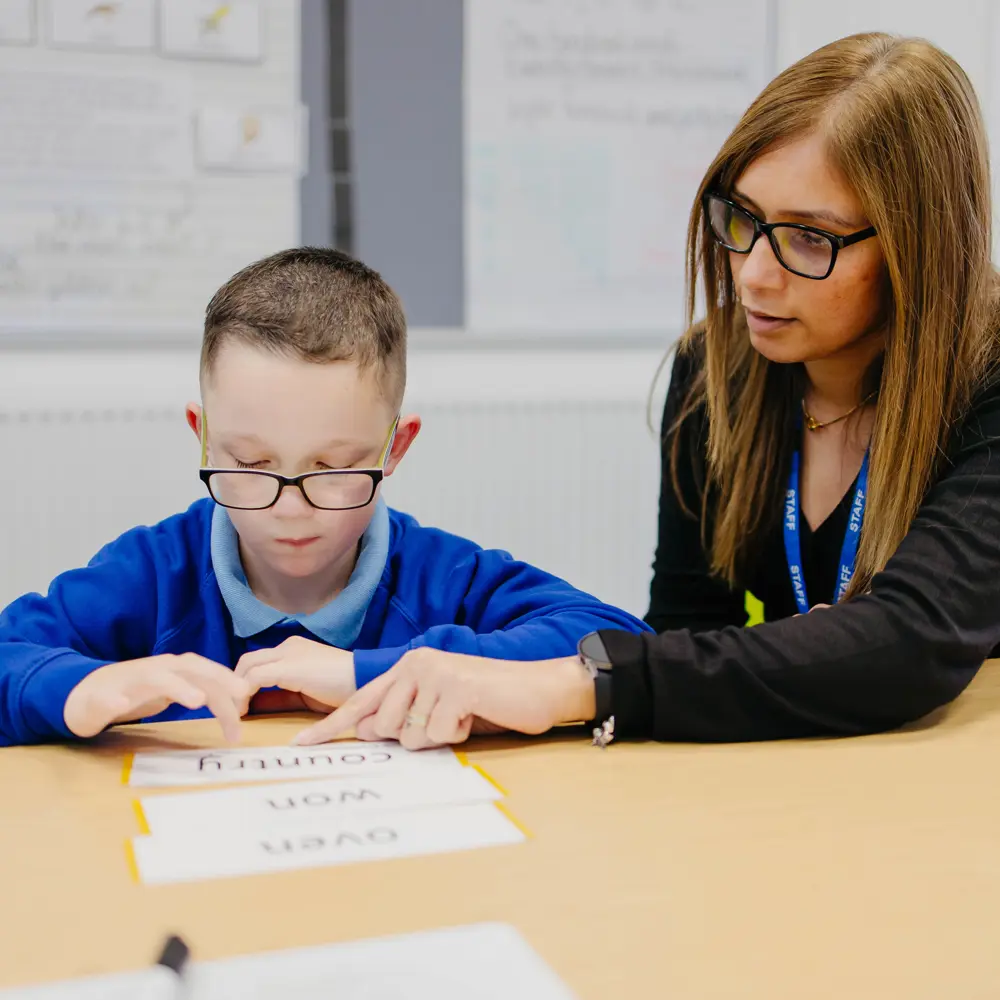
How we support children with mental health challenges
Our therapeutic support is embedded throughout all of the work we do with children and young people, to enable them to overcome their mental health challenges and reach their full potential.
Our Clinical Services Team is based within each of our schools, enabling the children to access support, necessary assessments, and tailored programmes which are then integrated into their daily activities. Our team members are well-known to children and continuously work to establish and develop their trust.


